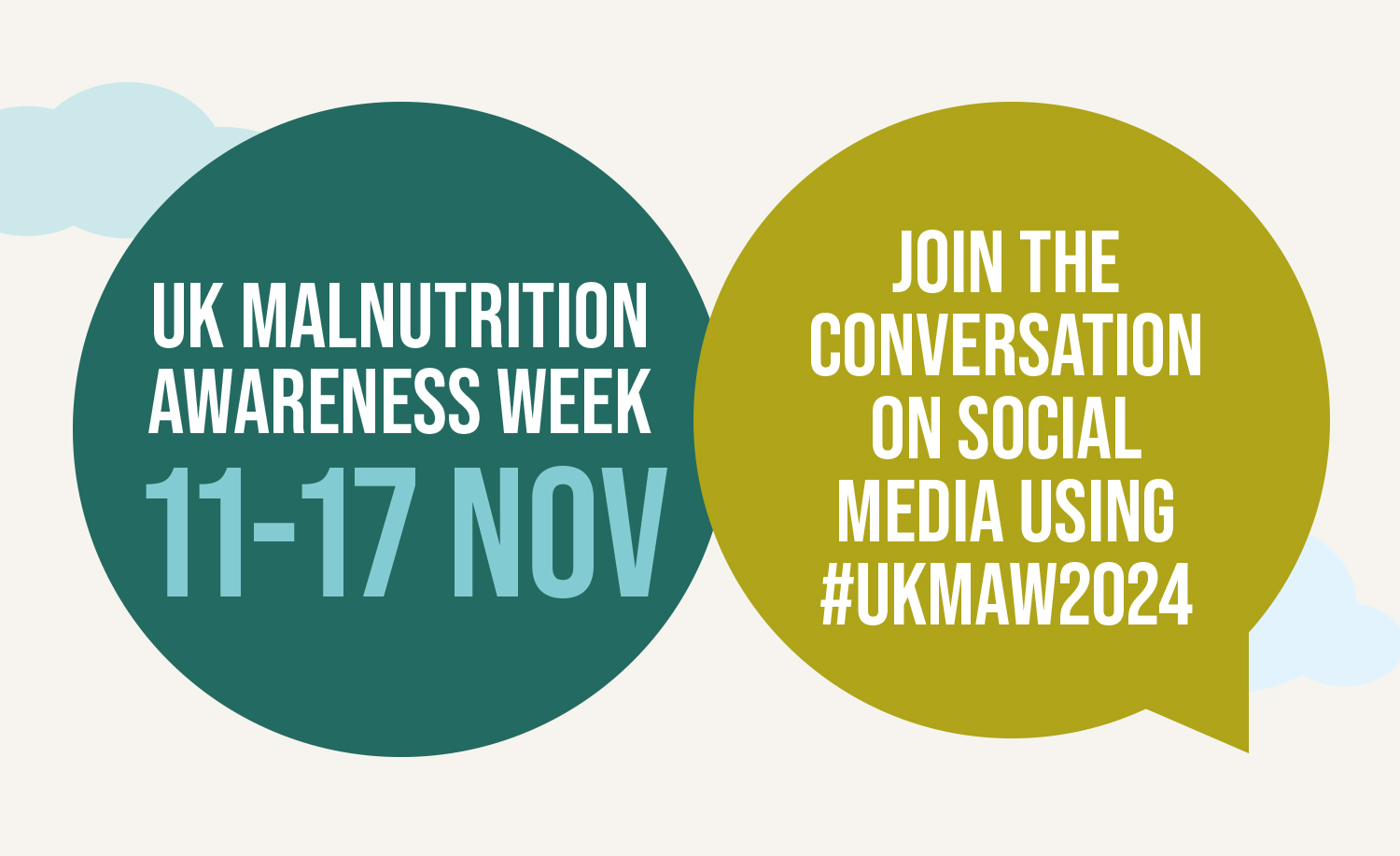Malnutrition awareness saves lives
More than 1.3 million people aged over 65 suffer from malnutrition in the UK*. Their regular GP visits, repeated hospital admissions and lengthy stays on wards cost the English healthcare system £19.6 billion every year**.
Roshni Kondakis, Nutrition Manager at Caterplus (part of Elior UK), believes these problems would be eased by better educating people about nutrition.
“Spotting telltale signs of malnutrition and greater nutrition awareness will prevent a crisis looming as the UK’s elderly population grows,” she says. With Malnutrition Awareness Week coming up in November, here are Roshni’s tips on the signs, risks, challenges and possible solutions.
*Source: Introduction to Malnutrition, British Association of Parenteral and Enteral Nutrition
**Source: www.malnutritiontaskforce.org.uk
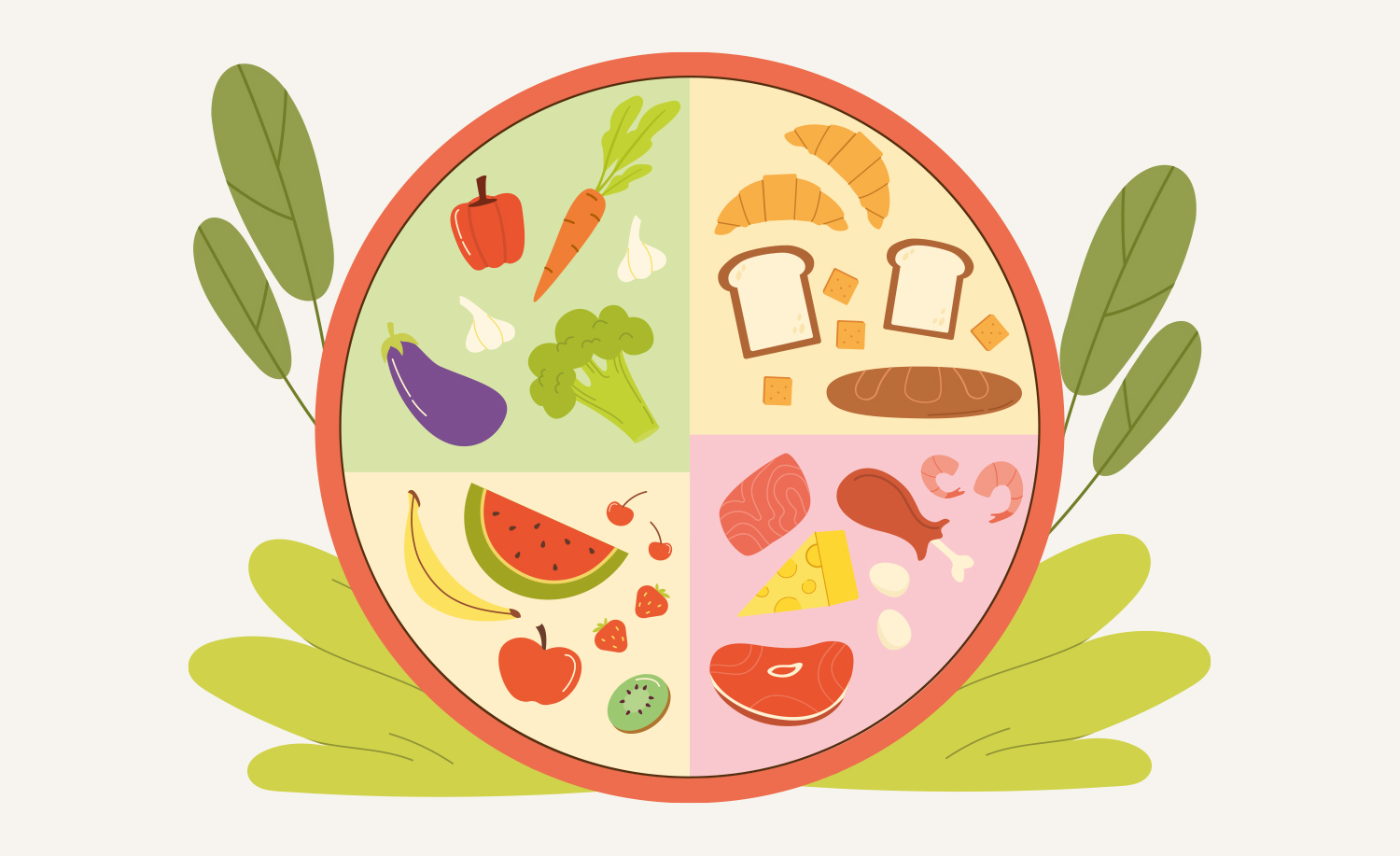
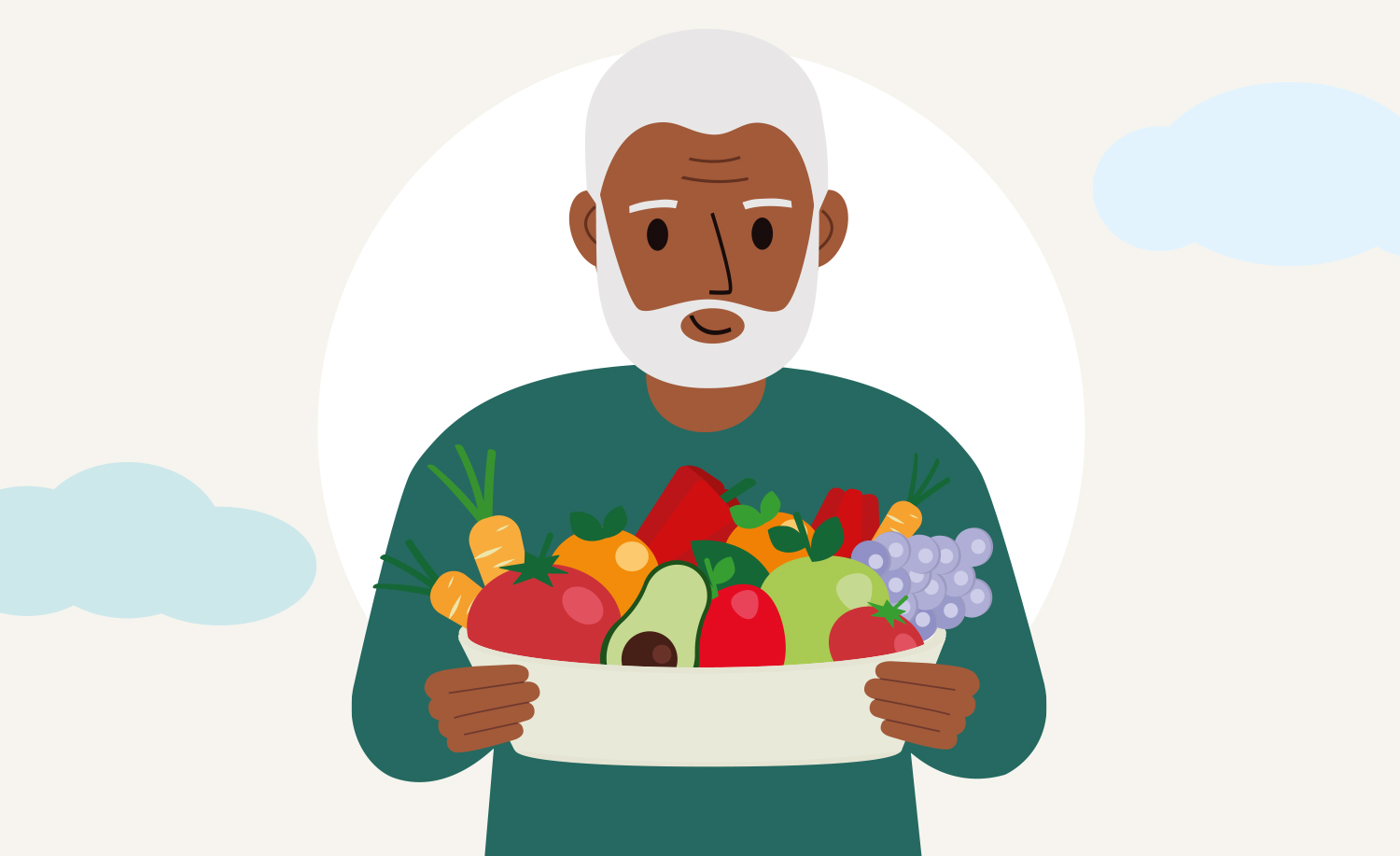
Nutrition essentials
Definition of malnutrition: ‘Mal’ means ‘bad’, so it’s ‘bad nutrition’ caused by a deficiency in micro and macronutrients.
Micronutrients are vitamins and minerals we need in small amounts. Without them our bodies are prone to severe or life-threatening conditions.
Macronutrients are proteins (meat, fish, eggs, pulses), fats (avocado, nuts, oils), and carbs (sugar, fruit, bread). We use them to give us energy and maintain the body’s structure. and systems.
Spot the signs
The main one, especially in older people, is loss of appetite. People who suddenly go off food they used to enjoy, feel tired or lethargic or lose weight without trying might not be getting the nutrients they need. Dropping between 5% and 10% or more in weight over three to six months is a red flag.
Look out for clothes, jewellery or belts that seem looser. Dentures that no longer fit and an inability to chew anything but soft food can be due to a loss of muscle mass around the mouth. All of these can affect overweight people too.
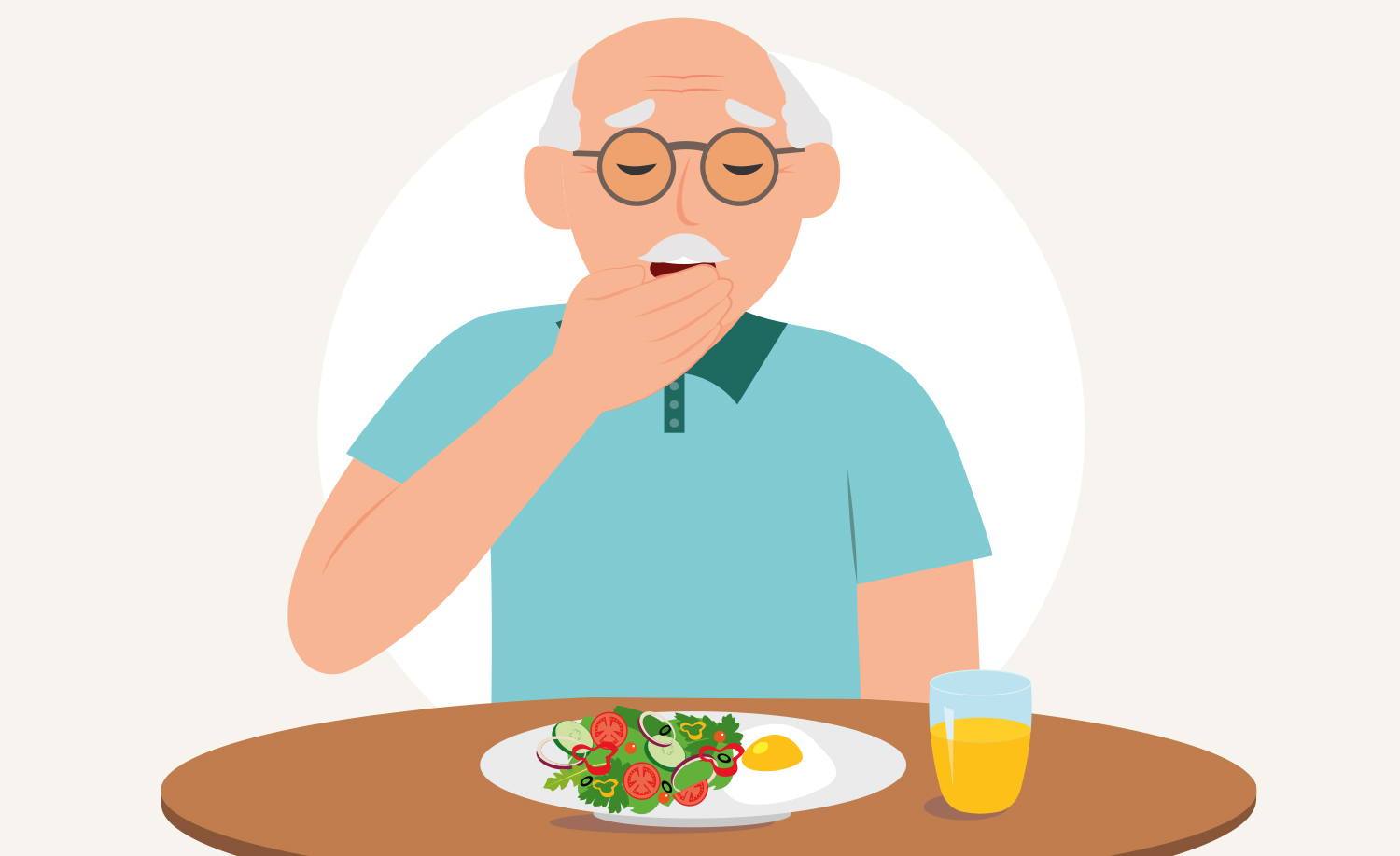
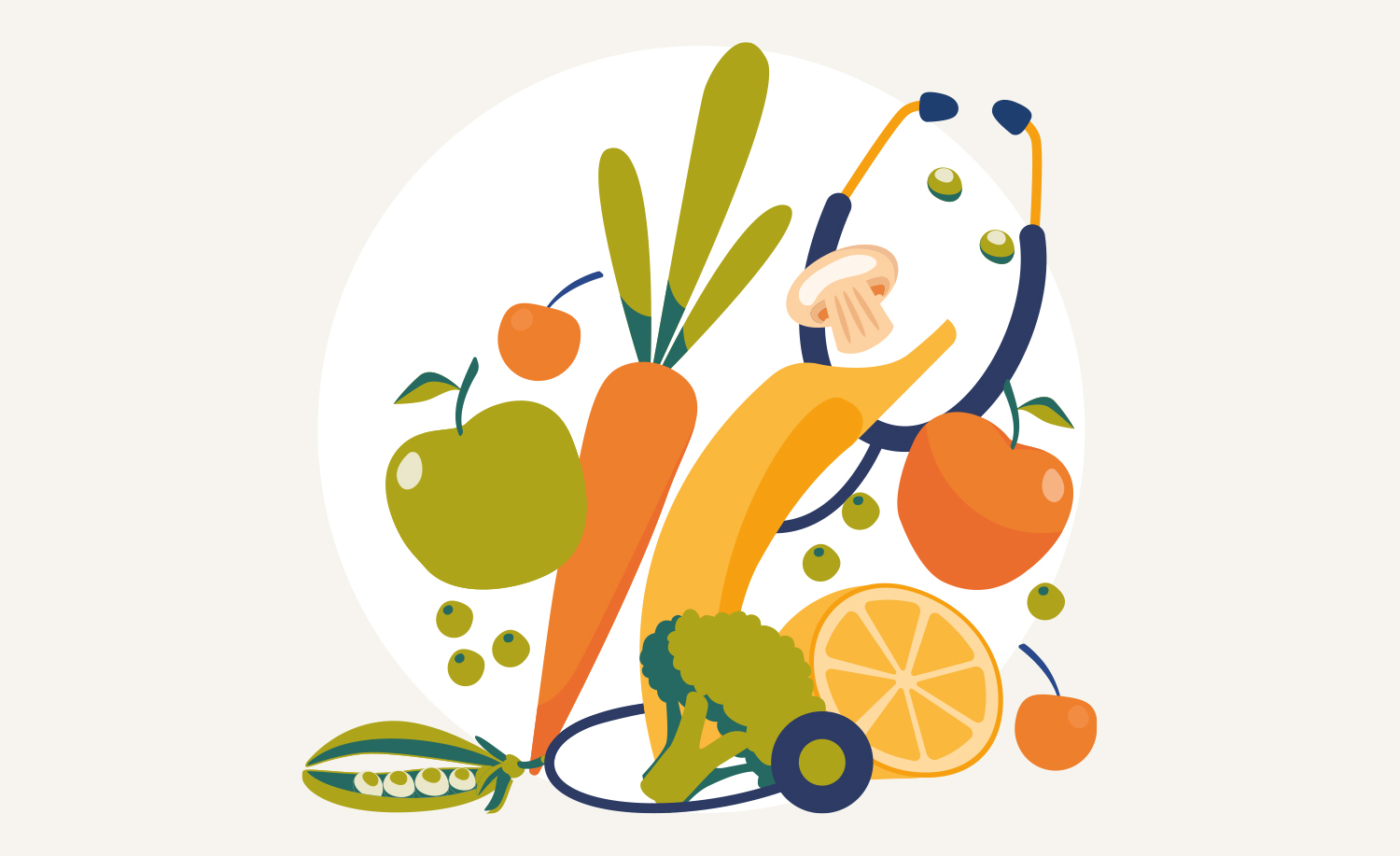
Know the risks
Wastage of muscle mass and strength makes standing and walking difficult as people age or become immobile. That’s why the elderly are at greater risk of falls.
A lack of protein makes older adults more vulnerable to illnesses. This can increase their length of stay in hospital, where they also run a higher risk of infection.
Muscles in the throat help us swallow. So if these are affected, food goes to the lungs rather than stomach, causing chest infections or worse.
It’s not just physical. People with malnutrition can become depressed or anxious, especially if they’re more tired and lethargic. If they have a confidence-sapping fall, they can quickly become isolated.
““We have an ageing population and we’re going to see an increase in malnutrition. But if we could flag people at risk earlier by upskilling and educating carers and the public, we stand a chance of keeping people out of hospital.””
Use the solutions
Training and continuity across care homes is vital. Caterplus have introduced innovations such as Mixed Reality goggles on their training programmes to help catering teams meet standards.
Chefs who want to understand more about texture-modified dishes should speak to a dietitian. They can advise on the nutrient-dense foods to use.
Roshni uses the BDA Nutrition and Hydration Digest to run a menu capacity assessment. This helps check meals meet the nutritional needs of people with good and bad appetites. It also means individuals’ diets can be fine-tuned to meet the National Association of Care Catering’s nutritional requirements.
Don’t neglect the dining area, either. Flowers, music and a non-clinical feel will encourage residents to meet, chat and eat together. It’s a perfect opportunity for teams to get feedback and for residents to meet the people cooking their meals.
Visit www.malnutritiontaskforce.org.uk to find out more.
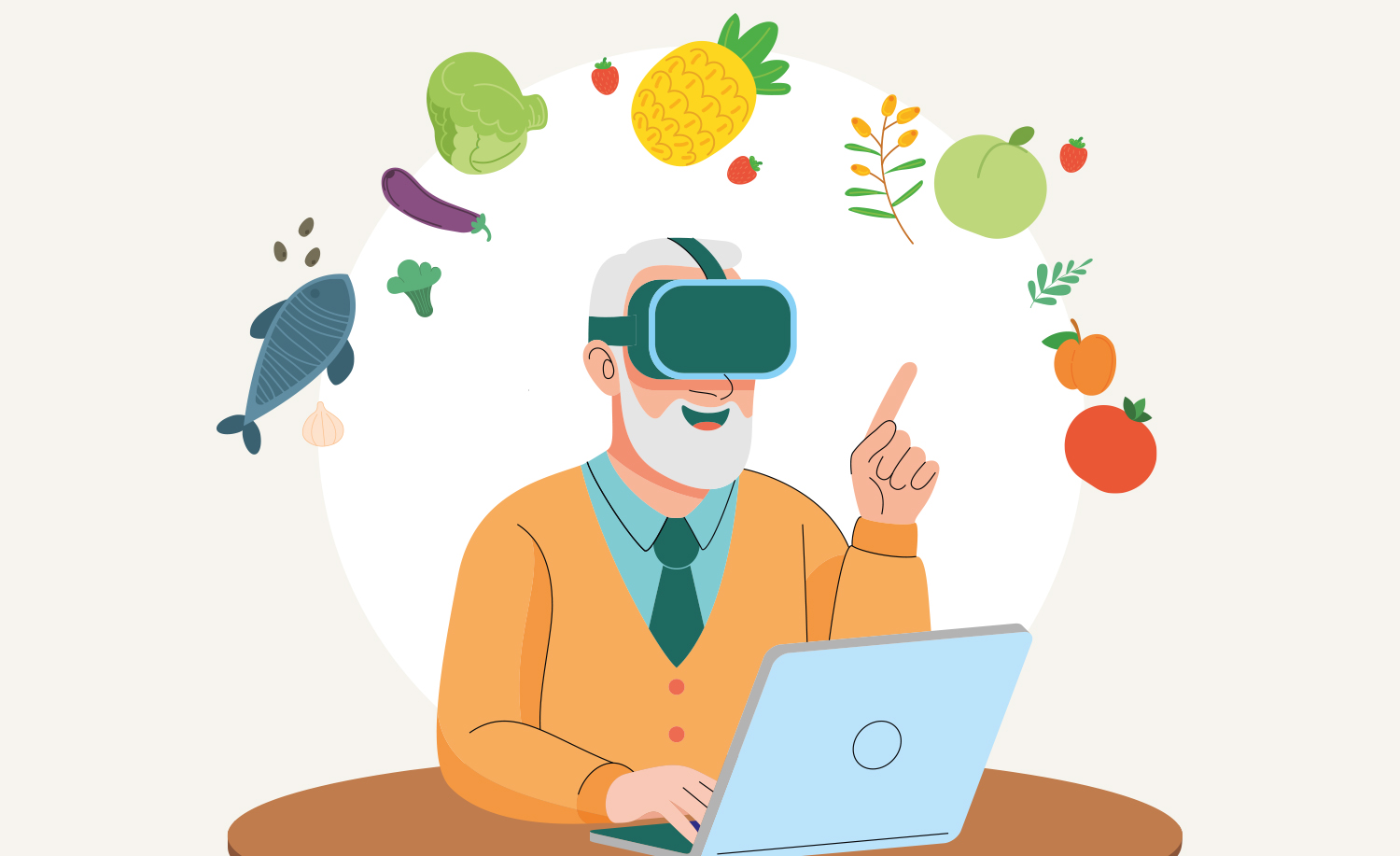
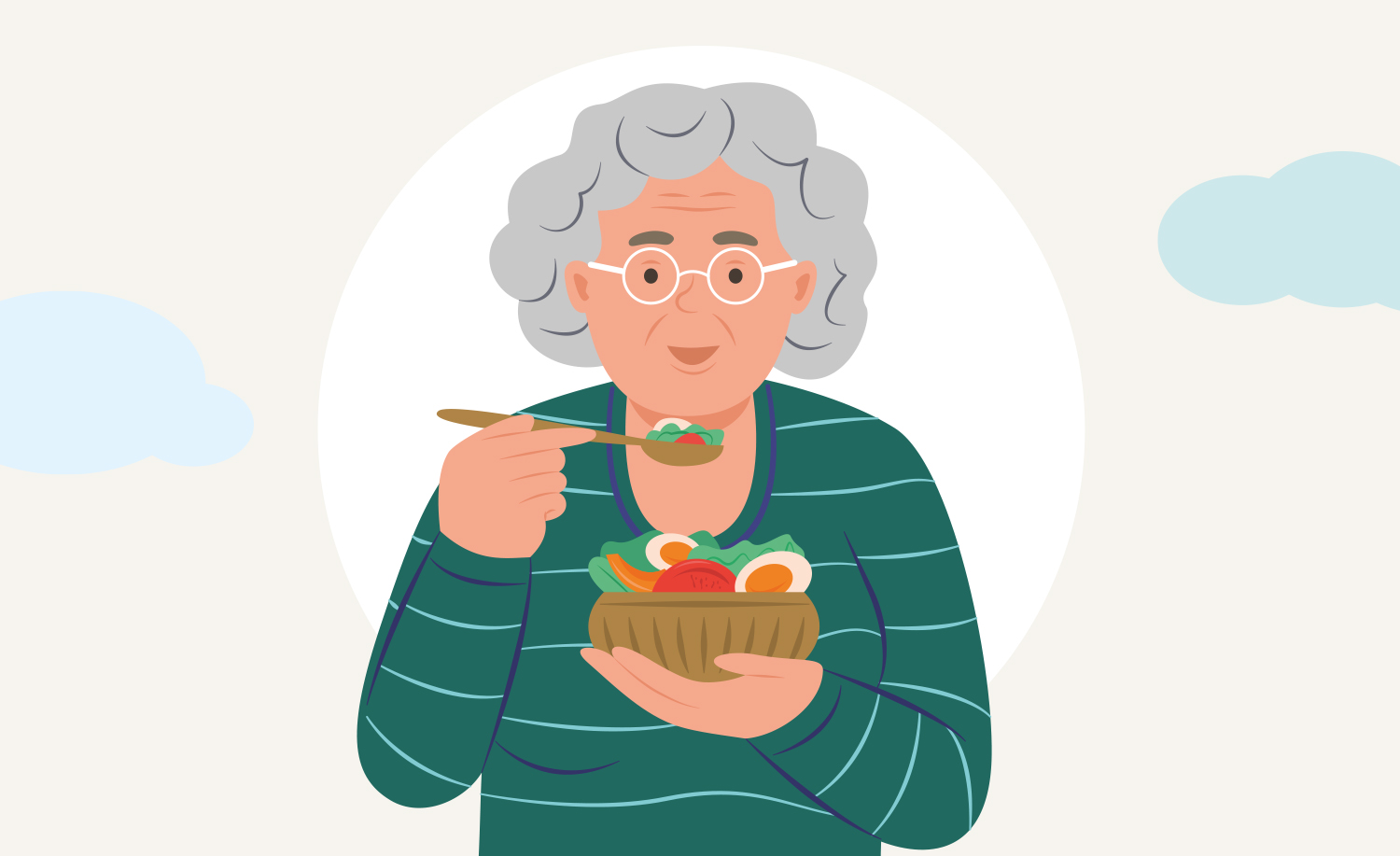
“32% of people in the UK aged 65 or over are at risk of malnutrition on admission to hospital”
“50% of people admitted to hospital from care homes were at risk of malnutrition.”

“18% of English local authorities offer a Meals on Wheels type service, down from 43% in 2016”
How can the industry support care caterers?
As a population, we don’t really know how to eat right. Teaching children the importance of nutrition from nursery-school age will help reset this trend. The Education sector within Elior UK visit schools to educate children about different nutrition related topics.
Operations managers support their clients by signposting them to the right healthcare professional in the community or the British Dietetic Association Website for food fact sheets. Roshni also teaches kitchen staff to understand important areas of nutrition for older adults, so they understand what they are doing and why.
““As a population, we are still learning to eat well. Teaching children the importance of nutrition from nursery-school age will help their understand of basic nutrition and ensure they become healthier adults and pass the message on to their children.””

